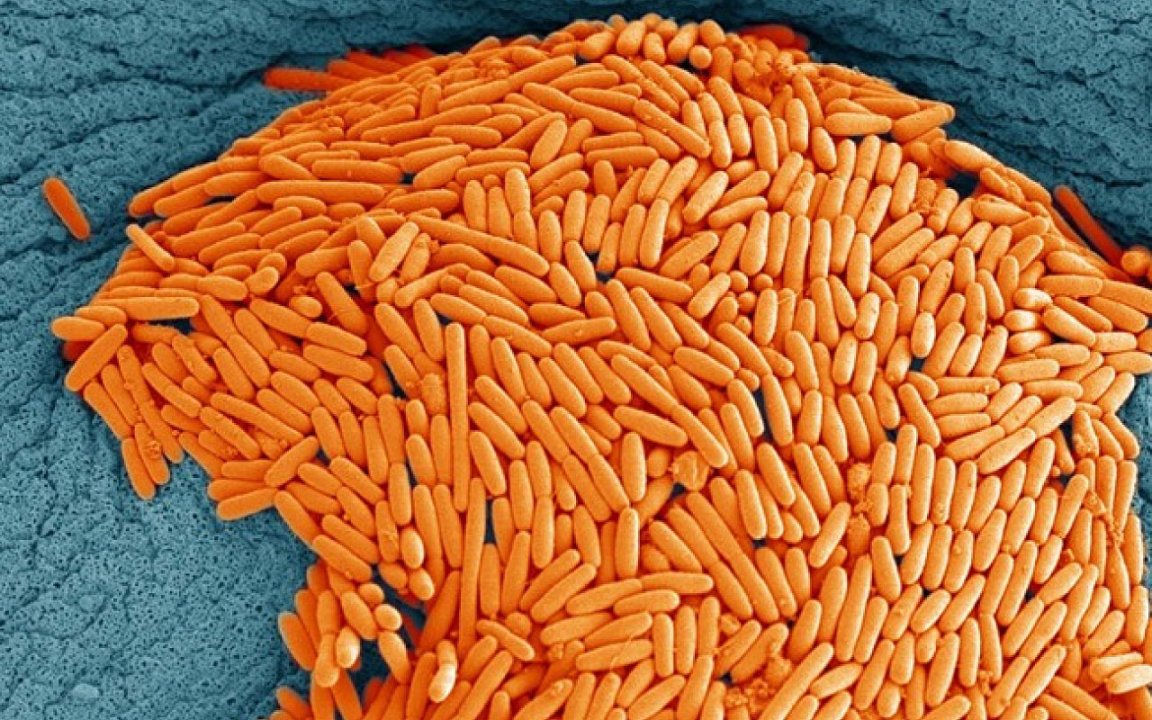
Microbiome Renovation
Transplants are a vital part of healthcare, giving tens of thousands of people in the United States a new lease on life. While organ transplants are relatively commonplace, a new form of transplantation is emerging to fight a life-threatening infection — one that impacts nearly half a million Americans, and is annually responsible an estimated 15,000 to 30,000 U.S. deaths.
However, these doctors aren’t transplanting an organ; they’re taking the fecal matter of ultra-healthy people and transplanting it into patients battling a Clostridium difficile (C. diff) infection, which causes severe diarrhea in sufferers.

The Infectious Diseases Society of America (IDSA) has issued new guidelines that promote the use of fecal transplants to treat this infection. Poop transfers, if you will, may sound like a surreal way of treating any kind of illness, let alone a bacterial infection. Yet C. diff infections are most often the result of antibiotic use, which decimates the natural defenses of a healthy gut microbiome.
Fecal transplants are meant to take the microbiomes of healthy donors and allow them to flourish in the recipients, killing any C. diff infection along the way.
In the new guidelines, the ISDA notes a success rate nearing 90 percent of transplants, though long-term data on the effectiveness of the treatment is not yet available. A new registry is being developed by the American Gastroenterological Association, with support from the National Institute of Allergy and Infectious Diseases, to track 4,000 patients for ten years in hopes of gathering this kind of data. Thus far, weight gain has been reported in some transplant patients. STAT reports that some are concerned depression, allergies, diabetes and asthma — all believed to be associated with the gut microbiome — could also be transferred.
Prior to the advent of fecal transplants, patients had to undergo surgery to remove infected colons if other options were exhausted. The new guidelines will empower healthcare providers to utilize fecal transplant treatments in more cases, especially in patients who have been resistant to traditional antibiotic treatments.